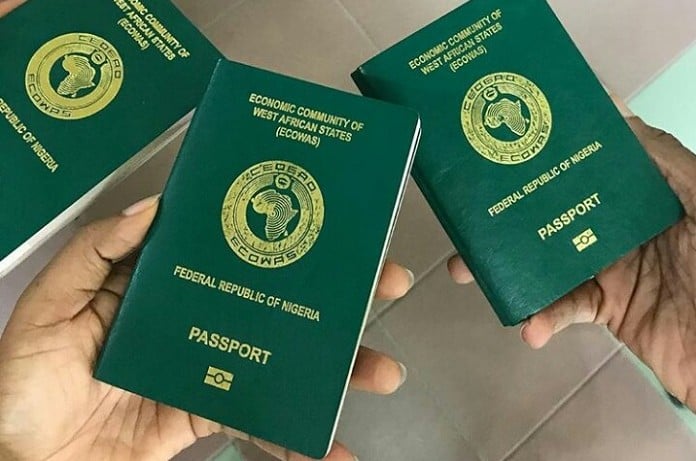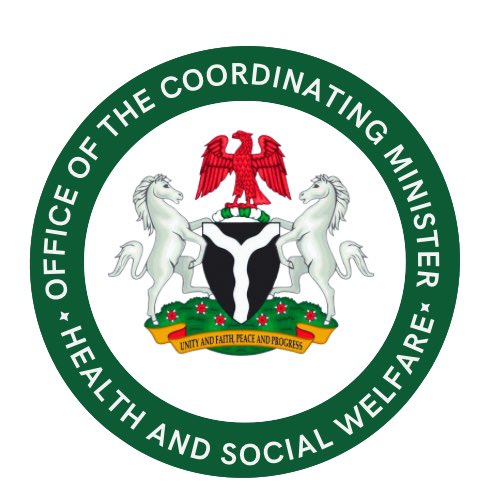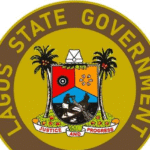Nigerians Question Passport Fee Hike Beyond “Minimum Wage” Arguments

As reactions continue to trail the Nigeria Immigration Service’s (NIS) recent upward review of passport application fees now pegged at ₦100,000 for a 32-page booklet and ₦200,000 for a 64-page booklet many Nigerians are urging for a shift in the nature of the public debate.
Rather than leaning on “minimum wage” as the central talking point, some argue that a more logical and evidence-based approach would be to demand transparency around the actual cost of producing passports.
According to independent research, the cost of printing a standard 32-page passport with modern security features hovers around $10 internationally. By contrast, the Nigerian government is charging the equivalent of $65, raising questions about what makes up the additional costs.
For context, a Ghanaian passport costs $43, while South Africans pay about $34.
“The government’s justification of inflation is becoming less convincing,” one commentator noted. “In 2024, the naira devaluation made that explanation plausible. But what has changed since then to justify another steep increase?”
Critics further argue that tying the debate solely to minimum wage earners is misleading. International passports are primarily for international travel, and only a small fraction of minimum wage earners owned passports in the first place.
“If the argument is that passports should be affordable for the poorest, then by extension, should international flight tickets also be subsidized?” one analyst asked rhetorically.
They also point out that cheaper and accessible forms of identification already exist in Nigeria, such as the National Identification Number (NIN), driver’s licenses, and voter’s cards.
The frustration, many say, is less about affordability for the poor and more about a tone-deaf policy that places additional financial strain on the middle class.
“It would be more impactful if opposition figures like Peter Obi, who has criticized the hike, filed a Freedom of Information (FOI) request or petitioned the Ministry of Interior and NIS to disclose the breakdown of passport production costs,” another observer argued.
While the increase has been described as unnecessary, citizens emphasize that the real debate should be about transparency, efficiency, and accountability in government pricing not just wage comparisons.









